In the context of addiction, codependence usually refers to a particular kind of dysfunctional relationship in which one or more family members actively support a person with an addiction. The Diagnostic and Statistical Manual of Mental Disorders (the DSM-5) does not list codependency as a separately diagnosable mental health condition. However, it was previously suggested that codependency be classified as a personality disorder.
Despite this, many in the treatment community still use the term "codependency" to characterize an unhealthy relationship pattern, and people who are involved in 12-step programs, such as Alcoholics Anonymous, frequently bring up the concept of codependency.
This could sometimes mean having excessive care for other people's well-being at the expense of one's own, whether physically, emotionally, or spiritually. Individuals who display codependent patterns of behaviour may have low self-esteem, be domineering toward others they believe are unable to care for themselves and have a tendency to suppress their own emotions.
They might also be overly sensitive to family disturbances, stick by people who don't do anything to earn their loyalty and compromise their morals to appease and escape rejection.
The concept of codependence has yet to gain general acceptance despite the term's increasing use over time. According to others, it usually pathologizes healthy, compassionate reactions, like empathy and selflessness.
The term "codependency" was first used by treatment professionals to describe the behavioral patterns of alcohol abusers' spouses, but it has since been expanded to include any behavioral or mental health issue as well as dysfunctional family dynamics observed in individuals with other types of addictions.
What Indices and Symptoms Point to Codependency?
The 12 Steps and 12 Traditions are followed by Codependents Anonymous (CoDA), a support group fellowship that helps its members develop healthy relationships. CoDA provides a self-evaluation tool and a checklist of expected behaviours and traits that codependent individuals display, such as avoidance, low self-esteem, denial, compliance, Control, and avoidance. This helps to clarify the notion of codependency. While specific instances may differ, the following typical actions are frequently seen in each of these patterns:
Being in Denial
Inability to recognize feelings.
You are downplaying, suppressing, or changing one's actual feelings in any way.
Believes that one is selfless and wholly committed to helping others.
Lack of understanding of other people's needs and feelings.
believes they can take care of themselves without assistance and perceive others as having the same undesirable tendencies.
Hides one's emotions behind shields like comedy or rage.
Aggression in passivity.
They refuse to admit that the people they are drawn to are unavailable.
Low regard for oneself
He needs help coming to a choice.
Aggressively criticizes one's ideas, emotions, and behaviour.
He finds it embarrassing to get compliments.
Believes that other people's opinions are more important than one's own.
Feels unworthy or unlovable.
Looks for validation and admiration from others to alleviate feelings of inadequacy.
Unable to accept responsibility for one's errors; constant need to be right; willingness to tell lies to improve one's reputation.
Inability to recognize or communicate one's own needs and desires.
It depends on other people to make them feel safe.
Struggles to begin, finish, and meet deadlines for projects.
It needs help to establish boundaries and to determine priorities.
Being Compliant
Show undeserved loyalty; stay too long in unhealthy relationships and circumstances.
Being prepared to sacrifice integrity and ideals to appease others.
Eschews personal interests in favour of doing what others desire.
Hyperawareness regarding the feelings of others; attempts at taking on their feelings.
Fears about voicing opinions or thoughts that are not shared by others.
Replaces sexual closeness with emotional closeness.
Behaves without considering the effects of what they are doing.
Wanting Control
doesn't think people are capable of caring for themselves.
Tries to dictate what other people think, feel, or do.
Advises without being asked.
Resents people who disregard guidance.
Attempts to use favours and gifts to acquire influence.
Makes use of sexuality to get favour and attention.
To keep up ties with those people, they must feel required.
Assumes others will take care of their needs.
Charming people to show them that one is a kind and sympathetic person.
Exploits personal feelings by blaming or shaming others.
Refrain from communicating, compromising, or working together.
Manipulates results by using anger, powerlessness, indifference, or helplessness.
Employs lin; from recovery to manipulate the actions of others.
Pretends to reach a consensus to achieve one's goings.
Being Avoidant
behaves in a way that makes other people feel angry, ashamed, or rejected.
Harshly judges other people.
It avoids closeness to keep one's distance from others.
An addiction to objects, people, or places to avoid having intimate relationships.
Uses evasive or indirect communication to prevent disagreement.
Reduced ability to form wholesome relationships with others due to not employing recovery methods.
Suppresses feelings/needs to avoid vulnerability.
Shoos others away if they approach too closely.
They cling to their own will to resist giving in to a higher force.
Believes that feelings are a sign of weakness.
Unwillingness to convey gratitude.
Codependence and Addiction: Am I Helping My Addicted Loved One?
When someone tries to play a helping role in a relationship with someone who has a severe condition (e.g., substance addiction), they may display codependence. Standard boundaries eventually start to erode in such a relationship, which can be detrimental to one or both parties.7. When people find it challenging to manage a demanding home environment containing issues like addiction or mental illness, codependency may emerge. Codependent people develop an underlying dread that the suffering person will become angry and forsake them if they don't comply with their demands. Family members may be likelier to take on unhealthy helping duties in such circumstances.
Even though there are many forms of enabling behaviours, codependence in all its forms can potentially harm both partners in the long run; for instance, by avoiding or making up for the adverse effects of the addicted person's problematic actions, a codependent may help someone who is addicted to substances to continue misusing them. When an addicted individual displays the same kinds of complex behaviours, a more hostile enabler may treat them disrespectfully or aggressively.
The addictive behaviour may continue, and the dysfunctional family dynamic may be reinforced, as neither instance of enabling is likely to encourage the person with an addiction to seek treatment or recovery assistance.
How Codependency Is Treated
In a relationship characterized by a cycle of codependency and addiction, neither party is encouraged to overcome their particular problems. The codependent person's problematic views and beliefs are not addressed, and their addiction is sustained. Rehab assistance for family members is frequently a part of therapy for substance use disorders because this pattern of relationships is typical among the loved ones and families of people with an addiction.
As the enabling behaviours of the codependent individual are identified and addressed, counselling for everyone involved in this cycle of codependence can better support addiction recovery. Talk therapy, also referred to as psychotherapy, is sometimes used to treat psychological and interpersonal problems including codependency.
Family-focused therapy is another popular approach that can be highly beneficial for individuals in codependent relationships because harmful relationship patterns usually impact the entire family. To help loved ones support a person who is suffering without slipping into destructive patterns like codependency, family-focused therapy teaches healthy ways to communicate wishes and needs. It also repairs and strengthens relationships between family members.
How Can Samarpan Help?
Samarpan provides individualized treatment plans for people who are codependent but also battling with addiction. Our all-inclusive services, which are designed to address the underlying reasons and patterns of codependent behaviour, include therapy, counselling, and support groups. Utilizing research-proven techniques such as cognitive-behavioural therapy (CBT) and family-focused therapy, our skilled therapists assist individuals and families in escaping toxic relationship patterns and promoting constructive transformation. At our facility, people can access various holistic wellness activities like yoga and meditation, as well as personalized treatment in a secure and encouraging environment conducive to rehabilitation. Our multidisciplinary team at Samarpan is committed to giving people the tools they need to regain Control of their lives and succeed in recovery. We can assist you or a loved one who is experiencing codependency issues. Get in touch with Samarpan right now to learn more about our tailored programs and start your path to recovery and change.



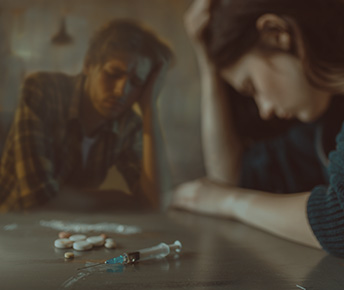


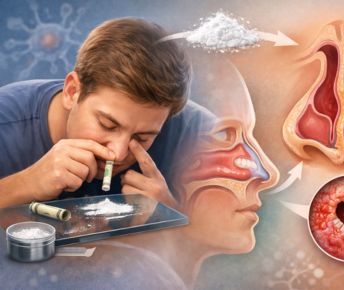
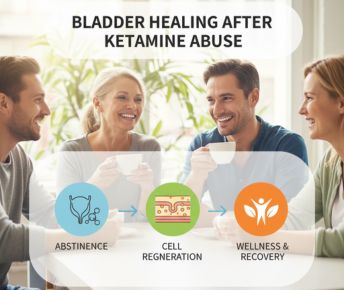

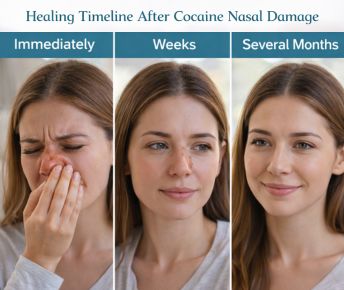









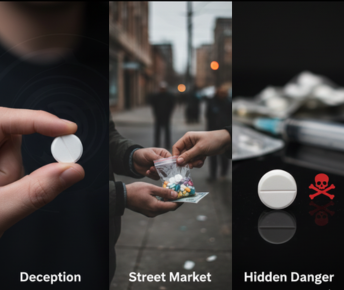



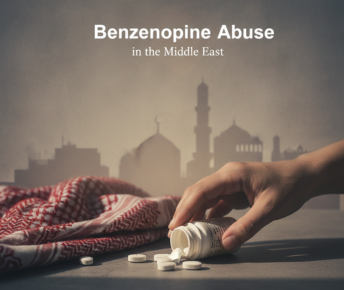
 Yes, many offer serene environments and solid therapeutic frameworks. However, quality varies, so it’s essential to research accreditation, staff credentials, and therapeutic depth.
Yes, many offer serene environments and solid therapeutic frameworks. However, quality varies, so it’s essential to research accreditation, staff credentials, and therapeutic depth.




